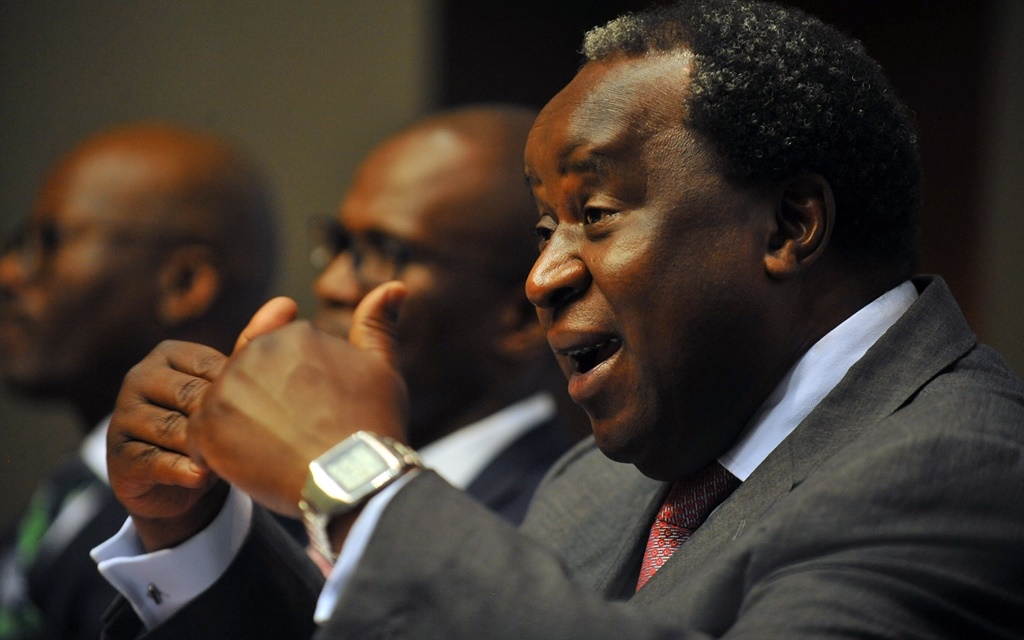News24.com | Mboweni unapologetic about social grants: We pay ‘what we could afford’


Minister of Finance Tito Mboweni addresses the media during the 2020 National Budget Press Conference at the Parliament House on February 26, 2020 in Cape Town, South Africa. The national budget speech is the governments spending plan for the coming financial year. The minister of finance is responsible for allocating money to the governments different programmes and objectives.
Ziyaad Douglas
- Finance Minister Tito Mboweni made no apologies about the pressure that economic realities placed on social grant spending.
- In terms of the Budget Review, total social grants were reduced by R5.8 billion in 2021/22.
- The special Covid-19 social relief grant will receive R2.1 billion to extend it until the end of April 2021.
Finance Minister Tito Mboweni told reporters following his Budget speech on Wednesday that while government appreciated the urgent need for social spending and relief interventions, he made no apologies about the pressure that economic realities placed on this spending.
According to the Budget Review, over the Medium-term Expenditure Framework period, the social grants budget is reduced by 2.2%. In addition, all grant values will increase by less than inflation, while the number of beneficiaries is expected to increase by 300 000 people.
The Budget Review stated that total social grants had been reduced by R5.8 billion in the 2021/22 financial year, R10.7 billion in the 2022/23 financial year and R19.5 billion in the 2023/24 financial year.
During his speech, Mboweni told members of Parliament that R6.3 billion would be allocated to extend the special Covid-19 social relief of distress grant until the end of April 2021.
“In addition, R678.3 million is earmarked for provincial departments of social development and basic education to continue rolling out free sanitary products for learners from low-income households,” said Mboweni.
Grant increases
Mboweni said that other grant increases included a R30 increase for old-age, disability and care-dependency grants to R1 890; a R30 increase in the war veterans grant to R1 910; a R10 increase in the child-support grant to R460; and a R10 increase for the foster-care grant to R1 050.
National Treasury deputy director general of public finance Mampho Modise said the budget managed to pull off grant increases in spite of the economic pressure and much-needed fiscal consolidation.
“When we looked at the overall fiscal consolidation, we could not protect the social grant. We did the best we could, but the consolidation we needed was more than we could cope with to protect the grants,” said Modise.
Right after Modise responded to media queries, Mboweni interjected to emphasise that government should not be sorry for facing the same economic pressures that governments around the world are also experiencing and delivering relief in spite of it.
“There is no need to be apologetic about it. There is no social contract to say there must be a certain increase each year. The allocations we made are what we could afford. Social services occupy 56% of the allocations, which is substantial in a country like ours,” said Mboweni.